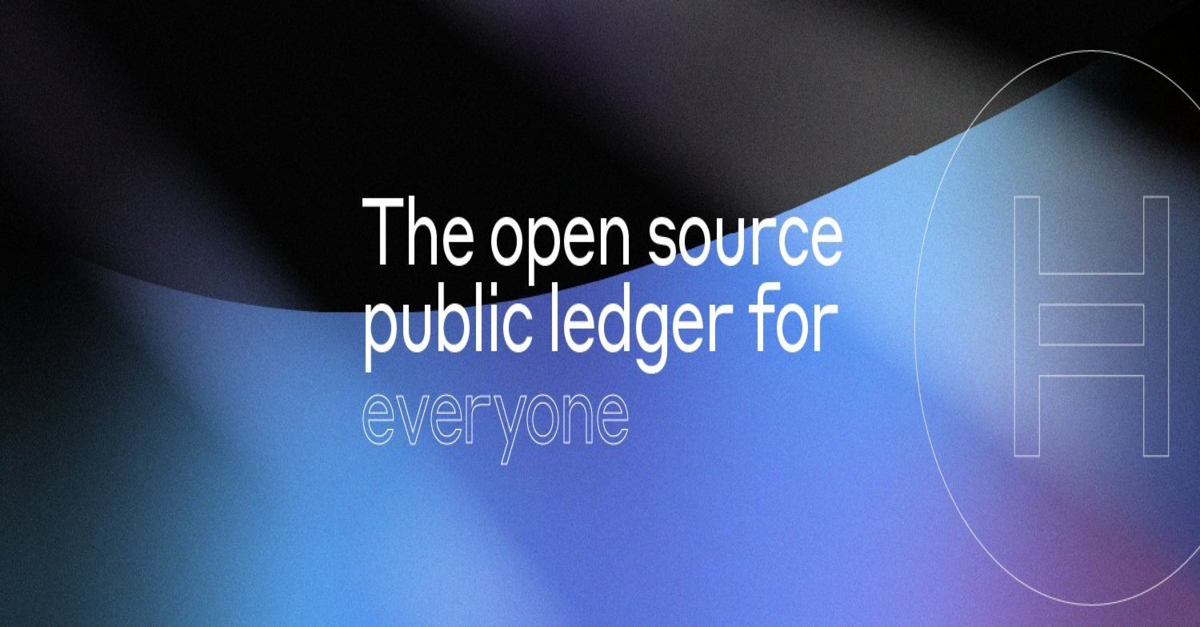Digital-native coliving city project, Cabin wants to revolutionize its initiative by integrating crypto governance with a newly launched Network City.
Cabin announced the launch of the first-ever network city, a globally-distributed property for remote workers and creators who love nature.
The city is a global alliance of self-governing neighborhoods accessible to residents holding NFTs, dubbed citizenship passports.
Shifting From The Existing Neighbourhood Norm
According to Cabin’s project team, these neighborhoods will be more affordable and accessible than traditional ones.
Cabin’s network city aims to incorporate blockchain-powered membership with cabins or cottages in clannishly friendly communities.
Cabin’s founder, Jonathan Hillis, believes this initiative is an efficient way to unlock the “fountain of human creativity.”
Hillis believes human creativity is getting restrained and muffled by modern cities.
He said Cabin aims to solve the loneliness problem peculiar to car-centric suburban and single-family homes.
Hillis plans to collect a group of cabins in the woods where like-minded digital nomads and their friends can stay.
Cabin aims to provide a real-world setting where its members can live and work together.
However, intending citizens of Cabin’s network city must have a “Citizenship,” a subscription membership that allows access to the cabins.
This subscription includes access to Cabin’s global properties, year-round coliving options, exclusive experiences, and more.
However, not anyone can become a Cabin Citizen. Intending citizens must have an existing one who will vouch for them.
Cabin To Provide Tokenized Neighbourhood Citizenship
The network city initiative in crypto is like a social DAO whose members hold crypto assets, which in Cabin’s case is called “Citizenship.”
Citizenship is an NFT that indicates a member’s participation.
Citizens contribute to neighborhood composition and treasury management through votes powered by Cabin’s governance token, CABIN. Each Cabin neighborhood is unique from others and separately owned.
While all Cabin neighborhoods share the same ideology, the rules, and regulations guiding them may differ depending on their caretaker.
For a property to attain neighborhood status, it must accrue 1000 CABIN token votes from citizens in its favor.
Hillis, Cabin’s founder, said the voting is part of “polycentric governance.” He said Cabin’s “governance games” differ from other DAOs’, whose votes are sometimes messy and ineffective.
“We are using these bottom-up polycentric governance structures where we are essentially playing games that are governance but don’t necessarily look like governance. Like building on the token-curated registry of the city directory—that’s fun to do.”
The cabin uses blockchains and tokens to track membership. The CABIN token is also a marker of legitimacy in the neighborhoods in the network.
This initiative could attract the attention of digital nomads willing to become citizens.
Credit: Source link















































